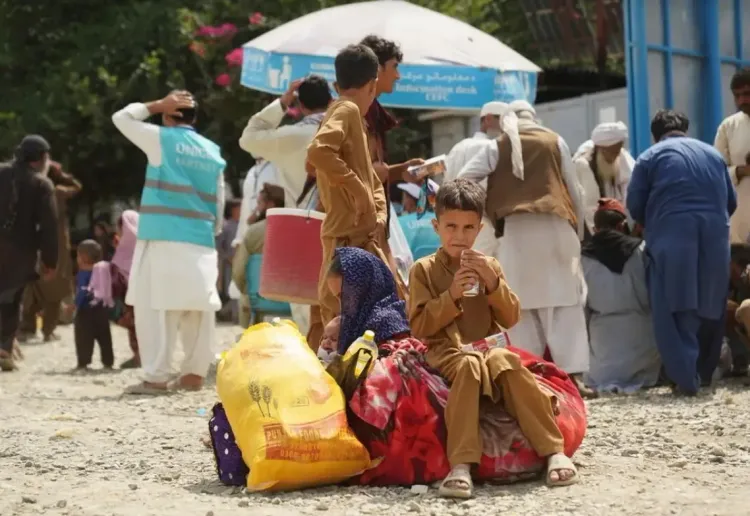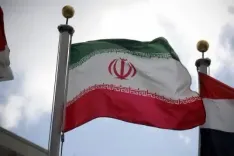Why is UNHCR urging Pakistan to stop deporting vulnerable Afghan asylum seekers?

Synopsis
Key Takeaways
- UNHCR urges Pakistan to stop deportations of vulnerable Afghan asylum seekers.
- Afghanistan is struggling with poverty, drought, and earthquake impacts.
- More than 554,000 Afghans have returned since April 2023.
- The UNHCR seeks $258.6 million for urgent humanitarian needs.
- Afghanistan is ill-equipped to handle the return of large numbers of refugees.
New Delhi, Sep 14 (NationPress) Amid rising tensions between Afghanistan and Pakistan due to various conflicts, the United Nations High Commissioner for Refugees (UNHCR) has urged Pakistan to cease the deportation of vulnerable Afghan asylum seekers and to guarantee their access to international protection.
Currently, Afghanistan is grappling with multiple crises, including widespread poverty, drought conditions, and the aftermath of recent earthquakes, compounded by the influx of new vulnerable Afghan asylum seekers.
In a statement from Geneva on September 12, UNHCR representative for Afghanistan, Arafat Jamal, appealed to Islamabad to refrain from expelling Afghans in need of protection. He emphasized that the UN refugee agency stands ready to cooperate with Pakistani authorities to identify and protect the most vulnerable populations.
Jamal cautioned that without new funding, the UNHCR would struggle to maintain its life-saving support for Afghan families facing overlapping crises. He noted that the agency had revised its regional appeal and is seeking $258.6 million to meet urgent needs.
This appeal comes as the wave of returns accelerates. According to UNHCR, since April, more than 554,000 Afghans have returned, including 143,000 in August alone.
In the first week of September, nearly 100,000 Afghans reportedly returned from Pakistan, further straining Afghanistan's already fragile economy and limited public services.
UNHCR's statement reiterates the organization's plea for Pakistan to uphold its historical humanitarian commitment to Afghan refugees.
UN estimates indicate that over 2.6 million Afghan migrants have been deported from neighboring countries since the beginning of 2025, highlighting the vast scale of forced displacement and the pressing need for regional and international collaboration.
With severe food shortages, inadequate shelter, and fragile health systems, Afghanistan is ill-equipped to handle such high numbers of returnees.









